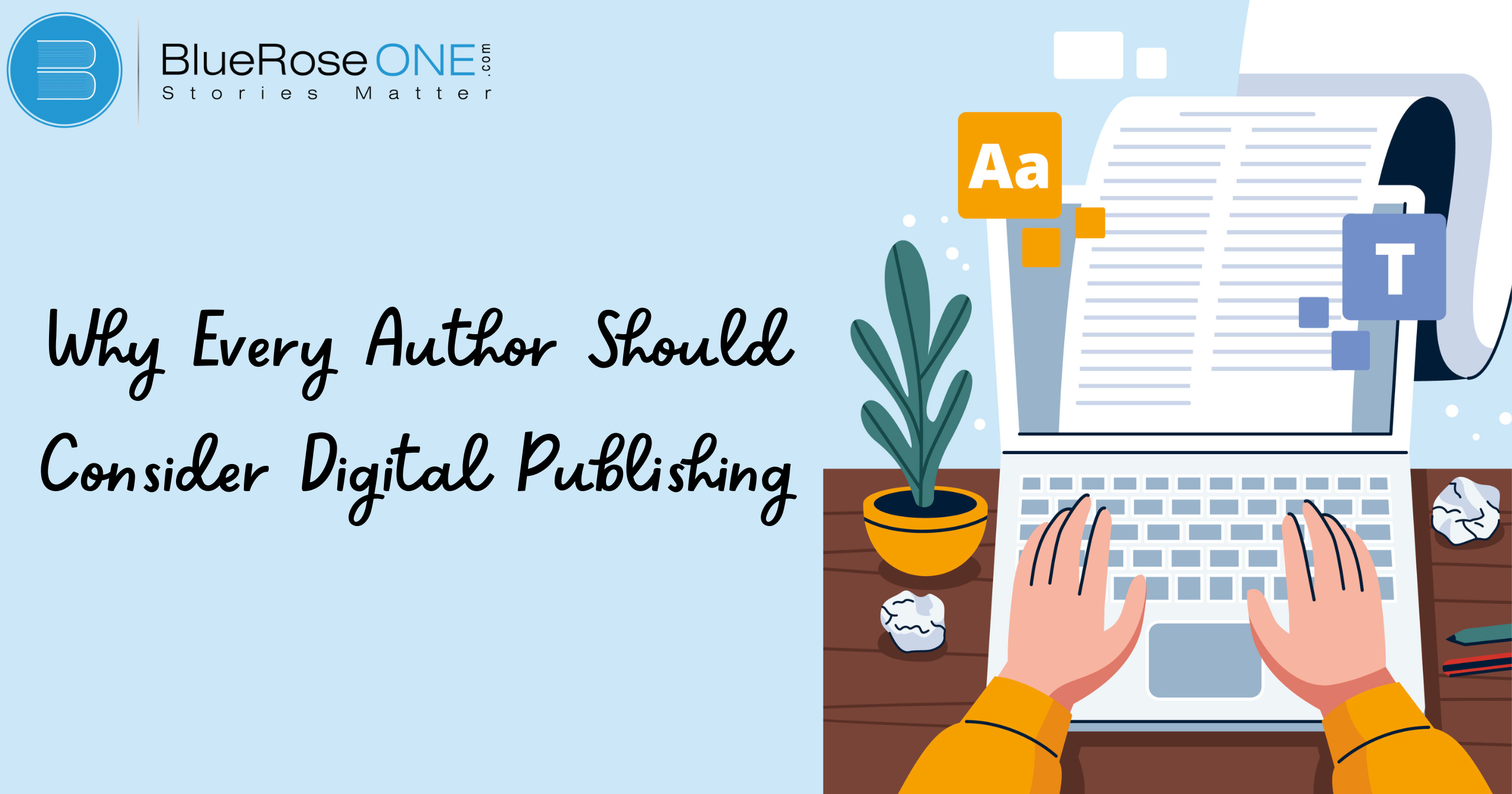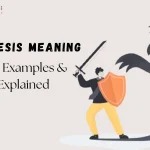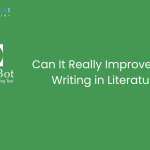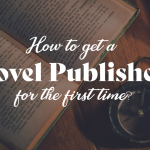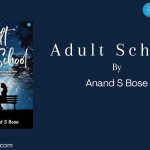Introduction to eBooks
In today’s digital age, the landscape of digital publishing has undergone a significant transformation with the rise of eBooks. These electronic versions of books have revolutionized the way we consume and distribute literature. Gone are the days when authors solely relied on traditional print publishing. eBooks offer a plethora of benefits that every author should consider.
Benefits of eBooks for Authors
One of the most compelling reasons for authors to embrace digital publishing is its cost-effectiveness. Unlike traditional printing, where production and distribution costs can be prohibitive, eBooks eliminate the need for physical materials, making them a more economical option. Additionally, eBooks allow authors to reach a wider audience, breaking free from the constraints of traditional publishing channels.
You may also like: Top 10 Best Biographies of All Time
Flexibility and Convenience
eBooks offer authors many advantages in the digital publishing, but ease and flexibility are two of the most important. The days of strict publication dates and constrained dissemination options are long gone. Authors can freely release their works on their own terms and instantly reach a global audience with eBooks.
Because digital publication is so convenient, authors can easily revise, update, and republish their work, keeping it accessible and relevant. eBooks enable authors to easily react to the always changing publishing scene, whether it be through changing pricing or experimenting with alternative marketing techniques.
Global Distribution
For authors, one of the most notable benefits of eBooks is worldwide distribution. eBooks may be rapidly and easily distributed internationally, in contrast to traditional publishing, when physical copies may be restricted to specific regions or encounter logistical difficulties in reaching international markets.
This implies that writers are no longer limited by territorial limits and can connect with a wide range of readers worldwide. A book can now be accessed by people worldwide with just a few button clicks, creating new opportunities for visibility and readership. This international reach broadens the readership for writers and creates more avenues for literary cross-cultural dialogue.
Interactivity and Multimedia
With so many advantages, eBooks have become a potent weapon for writers in the ever-changing publishing scene. Multimedia and interactivity are particularly notable as transformative components among these. By enhancing their stories with multimedia components like audio clips, films, and interactive graphics, authors may now engage readers in completely new ways.
This enhances the reading experience and gives the audience access to a more engaging journey. By means of interactive elements, writers can establish more profound bonds with their audience, promoting an atmosphere of involvement and cooperation that surpasses the conventional limitations of written communication.
Analytics and Insights
The advantages of eBooks for authors in the context of digital publishing go well beyond simple dissemination. With the use of analytics and insights, writers may access a potent toolkit that gives them insightful, data-driven feedback about their audience. Authors can obtain profound insights into the behavior, preferences, and engagement levels of their readers by utilizing sophisticated tracking techniques.
Writers may hone their craft and customize their content for optimum impact by using analytics, which can help identify demographic trends and determine which chapters connect the most. These data-driven insights not only improve the interaction between authors and readers, but they also open up new avenues for future literary projects and strategic marketing choices.
You may also like: The Importance of Professional Editing in Self-Publishing
Control and Ownership
The advantages of eBooks for authors in the digital publishing go much beyond ease of use. The domain of control and ownership presents a noteworthy benefit. eBooks give authors an unparalleled level of autonomy over their work, in contrast to traditional publishing methods where authors give up a major percentage of control over their work.
Authors have complete creative control over everything from content to book cover design, giving them the freedom to craft their stories exactly as they see fit.
Additionally, authors who purchase eBooks become the proprietors of their intellectual property, giving them the freedom and confidence to successfully negotiate the publishing industry. Authors and their work have a dynamic relationship as a result of this enhanced control, which eventually improves the reading experience for both parties.
Environmental Impact
Authors are using eBooks more and more in the digital era due to their favorable environmental effects in addition to their accessibility and ease. Accepting eBooks is equivalent to accepting sustainability because they drastically cut down on the amount of paper that is produced, protecting forests and lowering carbon emissions from shipping and printing.
Authors can lessen the environmental impact of digital publishing and assist preserve natural resources by choosing electronic formats. This change reflects a wider dedication to environmentally sensitive practices outside of the literary world as well, tying artistic endeavors with environmental care for a more sustainable future.
Challenges and Solutions
Authors are increasingly using eBooks to expedite their creative process and reach a wider audience in the quickly changing world of digital publishing. This shift is not without difficulties, though. The eBook market’s saturation, which makes it challenging for authors to stand out against the deluge of digital information, is one of the main obstacles they encounter.
In addition, there are technical difficulties with the digital version, like formatting problems on different devices. But creative solutions are found to these problems. Ultimately, authors may maximize the benefits of eBooks for their creative pursuits by utilizing social media platforms, digital marketing methods, and expert eBook formatting services to assure cross-platform compatibility and improve visibility.
Tips for Successful eBook Publishing
The publishing industry has evolved in the current digital era to incorporate eBooks in addition to traditional print publications, providing authors with a wide range of options. The ability to reach a worldwide audience is a key benefit of eBook publication. eBooks have instantaneous access to readers globally, unlike traditional print publication, where distribution may be constrained by physical barriers.
Furthermore, authors can maintain more control over every aspect of their work, including pricing and content, which can result in increased flexibility and possibly better royalties. But in order to get the most out of eBook publication, writers should take into account a few crucial pointers to guarantee their success in this fast-paced industry.
You may also like: Insights from Bestselling Authors: The Art of Storytelling
Case Studies
When it comes to understanding the tangible benefits of eBooks for authors in their publication path, case studies are an invaluable resource. By means of in-depth analyses of actual situations, writers can extract knowledge about the plethora of advantages that await them in the digital domain. These studies provide an insight into the increased accessibility and reach that eBooks enable, allowing them to reach a worldwide audience despite geographical limitations.
Furthermore, they highlight how writers can save traditional printing costs and lessen their environmental impact by using digital publication, which is both economical and sustainable. Through an exploration of case studies, writers can fully realize the potential of eBooks as a revolutionary medium for distributing their narratives to a global audience.
Future Trends
In a literary world that is always changing, the introduction of eBooks portends many advantages for writers. The ease of use and accessibility that eBooks provide to users across the globe point to a sustained increase in their consumption in the future. With less overhead than traditional publishing, authors may access a big digital market and benefit greatly from this development.
Additionally, eBooks give authors the freedom to experiment with different formats, such as interactive features and multimedia additions, which broadens their creative possibilities and engages readers in novel ways. The chances for writers to flourish in the digital sphere and redefine storytelling for future generations will grow along with technology.
Conclusion
In conclusion, the power of eBooks cannot be overstated. From cost-effectiveness and global distribution to interactivity and environmental sustainability, digital publishing offers a myriad of benefits for authors looking to share their stories with the world. By embracing digital publishing, authors can unlock new opportunities for creativity, reach, and engagement in today’s digital landscape.
Frequently Asked Questions
Not at all! eBooks are versatile and can cater to a wide range of genres and topics, including non-fiction, self-help, academic, and more.
Implementing Digital Rights Management (DRM) technologies can help protect your eBook from unauthorized distribution and piracy.
Yes, many self-publishing platforms allow authors to distribute their eBooks across multiple channels simultaneously, reaching a broader audience.
No, one of the advantages of eBooks is that authors can self-publish their work without the need for a traditional publisher, retaining full control and ownership.
While younger readers may be early adopters of digital technology, eBooks appeal to readers of all ages who appreciate the convenience and accessibility they offer.

